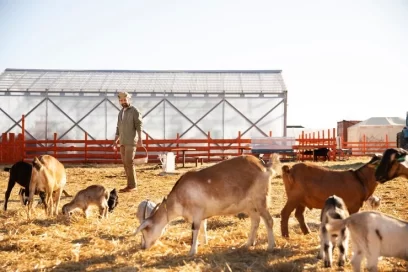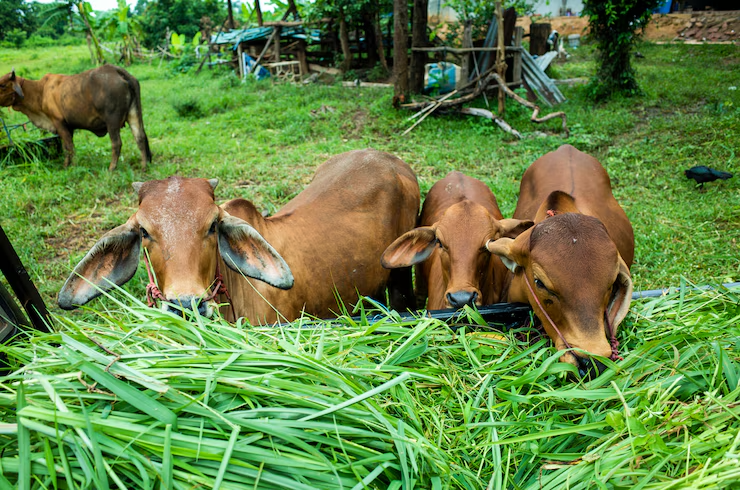In today’s rapidly changing agricultural landscape, the importance of sustainable farming practices cannot be overstated. At Agrosahas International PVT LTD, we are committed to promoting sustainable agriculture and empowering farmers to adopt practices that prioritize environmental stewardship, social equity, and economic viability. Join us as we explore our strategies for scaling up sustainable agriculture and maximizing our impact on local communities.
The Impact of Sustainable Agriculture
Sustainable agriculture encompasses a range of practices and principles aimed at minimizing environmental impact, conserving natural resources, and promoting social and economic resilience. By prioritizing sustainable farming methods, farmers can:
- Protect Ecosystems: Sustainable agriculture helps preserve biodiversity, protect soil health, and reduce the use of harmful chemicals, thereby promoting ecosystem resilience and long-term environmental sustainability.
- Enhance Food Security: Sustainable farming practices contribute to increased crop yields, improved food quality, and greater resilience to climate change, helping ensure food security for current and future generations.
- Support Local Communities: Sustainable agriculture creates economic opportunities for smallholder farmers, strengthens local food systems, and fosters community resilience, thereby promoting social equity and poverty alleviation.

Sustainable Development Goals (SDGs) for Agriculture
The United Nations’ Sustainable Development Goals (SDGs) provide a framework for addressing global challenges and promoting sustainable development. Goal 2, “Zero Hunger,” specifically targets sustainable agriculture as a means of achieving food security, improving nutrition, and promoting sustainable food systems. By aligning our efforts with SDG 2, we aim to contribute to global efforts to end hunger, achieve food security, and promote sustainable agriculture.
Contributions to Drinking Water Quality
Sustainable farming practices play a crucial role in safeguarding water quality and protecting local water resources. By minimizing the use of chemical fertilizers and pesticides, adopting water-efficient irrigation techniques, and implementing soil conservation measures, sustainable agriculture helps prevent water pollution and preserve freshwater ecosystems. Clean drinking water is essential for human health and well-being, and sustainable farming practices contribute to ensuring access to safe and clean drinking water for local communities.
The Role of Agroforestry
Agroforestry, the practice of integrating trees and shrubs into agricultural landscapes, offers numerous benefits for sustainable agriculture. Agroforestry systems help improve soil fertility, conserve water, enhance biodiversity, and provide additional sources of income for farmers. By planting trees alongside crops, farmers can create diverse and resilient agricultural ecosystems that support long-term food security and environmental sustainability.
Conclusion
At Agrosahas International PVT LTD, we are committed to scaling up sustainable agriculture and maximizing our impact on local communities. By promoting sustainable farming practices, supporting smallholder farmers, and fostering innovation and collaboration, we strive to build a more resilient, equitable, and sustainable food system for future generations. Join us in our journey towards a more sustainable future, where agriculture serves as a catalyst for positive change and lasting impact.




